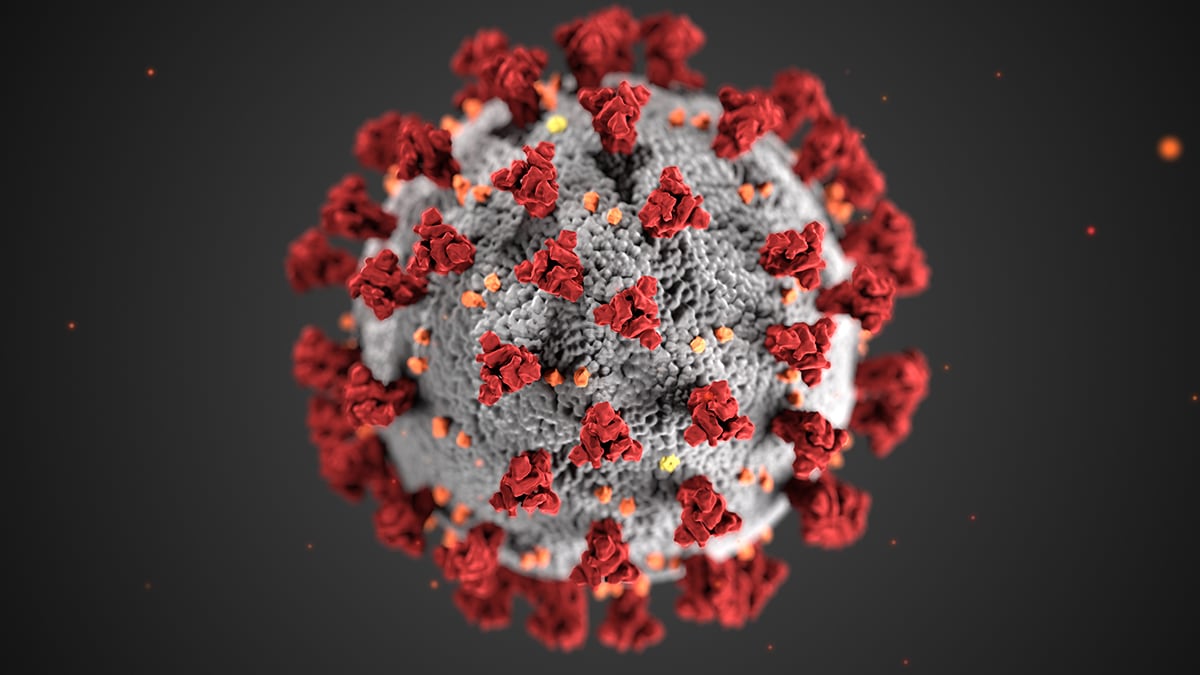
The Mental Health Minute
March 2020 Volume 12
From the CFISD Mental Health Intervention Team
Trauma Informed Care
“Trauma is when we have encountered an out of control, frightening experience that has disconnected us from all sense of resourcefulness or safety or coping or love”. (Tara Brach, 2011)
A traumatic event can involve a single experience, or enduring repeated events, that completely overwhelm the individual’s ability to cope or integrate the ideas and emotions involved in that experience.
Traumatizing events can take a serious emotional toll on those involved, even if the event did not cause physical damage. This can have a profound impact on the individual’s identity, resulting in negative effects in mind, body, soul and spirit.
Components - Regardless of its source, trauma contains three common elements:
• It was unexpected.
• The person was unprepared.
• There was nothing the person could do to stop it from happening.
Simply put, traumatic events are beyond a person’s control. It is not the event that determines whether something is traumatic to someone, but the individual’s experience of the event and the meaning they make of it.
https://trauma-recovery.ca/introduction/definition-of-trauma/
Behavioral Hospitals, a.k.a. Mental Health Hospitals! Rehab or Intensive Care?
When a person is involved in a major motor vehicle accident, they are often rushed to the emergency room. Life-saving procedures are administered, and the patient is often placed into an intensive care unit. In either the emergency room or the intensive care unit, there are not many pleasantries. There are limited visitation rules plus doctors and nurses are often extremely busy and not able to have long discussions about treatment and care. Once the patient is out of the life-threatening situation, doctors, nurses and other medical personal are there to help the patient transition out of intensive care and into a long term recovery plan.
What does this have to do with mental health? As part of the MHIT we often face questions from school counselors, parents and even outside mental health professionals who want to know answers to some of the following questions.
1) Why is it so hard to get information?
2) Why is there limited visitation?
3) Why do they lock doors and take your belongings?
4) Why is the environment so cold and unwelcoming?
Please keep in mind that when a patient, a.k.a. consumer in the mental health world, is in crisis, they are having a mental health emergency. If there is a need to admit them to the hospital, then they are in serious, grave condition where their safety and stability are the main priorities. Please know before being admitted to the behavioral hospital, the consumer is given a full mental health evaluation that is very in depth and can take up to 3 hours to complete. At the completion of the evaluation if the HOSPITAL STAFF recommends inpatient hospitalization to the consumer, it means the consumer is in a very dangerous place which is why safety and stability are the focus. Very intense, acute therapy and medication management are the primary treatment offerings again with the main goal in mind to stabilize the patient. Most pleasantries are not offered or are given on a limited basis. Keep in mind that this is not done to be cruel, but rather to make sure the consumer is safe. In a facility where every consumer is in intensive care primarily for either suicidal or homicidal ideations, the safety of all must be considered. Once the patient is stabilized and released from the hospital setting, then, the rehabilitation and true healing can begin, through therapy, medication, support groups, etc. This is why a long term after care plan is vital to recovery and improved well-being. Hopefully this will help serve as a guide to give better understanding as to the role of the behavioral health hospital.
Dave Mago, CFISD Mental Health Police Officer
Cy Fair HS Student Mental Health Alliance
Pictured below from left to right: Jenn K., Carolina G., CyFair's SMHA Sponsor, Samantha Weed, Guest Speaker, Cody Glenn, Olivia O., Rebecca M., and Alyssa R.
Mental Health America Resources
Laughter is the best Medicine!
Better Diet, Better Mental Health
When you were a kid...what did you do for fun?
Art Showcase: "What My Feelings Look Like"
Questions or concerns should be directed to CSBHinfo@mhahouston.org or by phone to 713-523-8963 ext. 243
NAMI Family to Family Class starts Saturday, March 21st 9:30am - 12pm
Stay Informed on Coronavirus
"The steps we are taking in CFISD to prevent the spread of ALL communicable diseases include continuing our daily routine of disinfecting campuses and buses with hospital-grade products, encouraging proper handwashing, and when soap and water are not available, using hand sanitizer. All CFISD campuses have wall-mounted soap dispensers in restrooms and free-standing hand sanitizer dispensers at the building and cafeteria entrances. In addition, we are in the process of installing wall-mounted hand sanitizer dispensers in every classroom in the district.While there are travel restrictions in place for several countries identified by the Centers for Disease Control (CDC), as of today, there are no travel restrictions or advisories pertaining to COVID-19 within the United States. Please refer to the CDC’s webpage for more information regarding travel."















